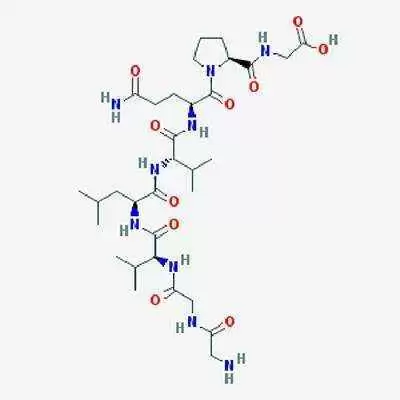Celiac.com 08/05/2016 - Currently, a gluten free diet is the only option for treating celiac disease. Still, there are numerous patients who follow the diet, but do not respond fully clinically or histologically.
What options do doctors have to treat celiac disease beyond a gluten-free diet? A team of researchers wanted to find out. The research team includes S. Kurada, A. Yadav, and DA Leffler of the Division of Gastroenterology, Department of Medicine, Beth Israel Deaconess Medical Center, and the Celiac Research Program at Harvard Medical School, and the Department of Medicine at Boston Medical Center’s Boston University School of Medicine in Boston, Massachusetts.
Celiac.com Sponsor (A12):
The team conducted a search of PubMed and Open Original Shared Link to highlight celiac disease articles that use keywords including 'celiac disease' and 'refractory celiac disease' and focused on articles conducting pathophysiologic and therapeutic research in/ex-vivo models and human trials.
They then zeroed-in on developing therapies that influence these processes, including tight junction regulators, glutenases, gluten sequestrants and immunotherapy using vaccines, nanoparticles that may serve as adjuncts to a gluten-free diet, or maybe even allow for gluten consumption.
Their subsequent paper also highlight the role of anti-inflammatories, immunosuppressants and monoclonal antibodies in refractory celiac disease.
According to the commentary of their expert, "therapies including tight junction regulators and glutenases have the potential to be approved for non-responsive celiac disease, or as gluten adjuncts."
The team expect results of various phase 1/2 trials using AMG 714, BL 7010, IgY antibodies to be published. In the interim, They plan to treat refractory celiac disease with off-label use of 5 amino-salicylates, budesonide, nucleoside analogues and newer biologics developed for other inflammatory diseases.
Source:
- Open Original Shared Link







Recommended Comments